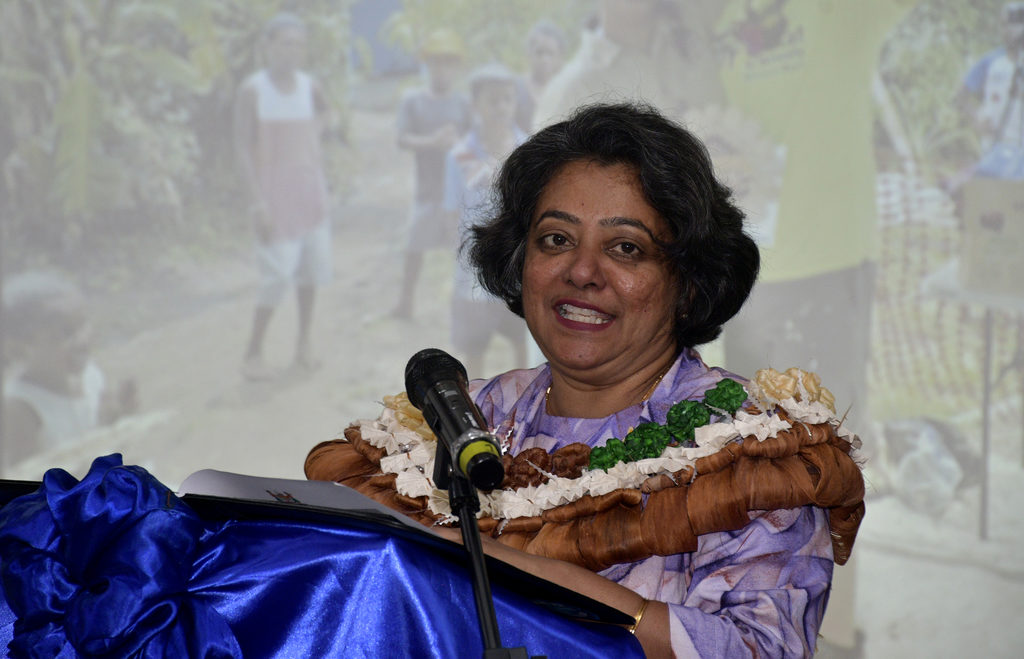WHILE the Ministry of Health focuses on tangible measures to combat Fiji’s growing HIV epidemic, the Ministry of Women, Children and Social Protection says the nation is still not talking enough about the stigma surrounding the virus.
Minister Sashi Kiran made the comment following a BBC World News report that highlighted Fiji as the fastest-growing HIV hotspot in the South Pacific, with particular concern for the vulnerability of children.
Ms Kiran said while the Health Ministry had declared the issue an emergency and introduced a national task force, budget allocation, and harm reduction programs, the battle against stigma remained a major challenge.
“We are worried about mother-child transmission but that is because of the stigma,” Ms Kiran said.
“A lot of mothers who know they have HIV don’t want to talk about it, and unfortunately, children get it. If a mother identifies and says, ‘I am HIV positive,’ she could be treated, supported, and medicated so that the child doesn’t contract it.”
Ms Kiran said Fiji’s HIV surge is closely linked to the ongoing drug epidemic, which has been developing over more than a decade.
“If you look at the drug epidemic, it’s been there for years, you’ll see 2009, 2010, there were already drug cases and needles being used.
“What this Government has done is acknowledge the problem. When you acknowledge something, it comes out fully. So, you’re seeing a lot of drug cases, and you’re seeing HIV exploding.”
According to Ms Kiran, the Government’s needle and syringe program, along with nationwide training and testing initiatives, were positive steps toward reducing transmission.
However, she emphasised that long-term progress depended on changing social attitudes.
“Now the hard work for the whole of society is to remove the stigma around HIV/AIDS.
“As a nation, if we teach healthy behaviours to our children, whether it’s sexual behaviour or the dangers of drugs, we are gaining miles.”
Ms Kiran said the Government’s recognition of the crisis was an important step forward, but urged a whole-of-society approach to prevention and education.
“We have a lot more work ahead, but I think as a whole of government and whole of society, we can curb this.
“The issue is acknowledging the problem, which our government has.”



